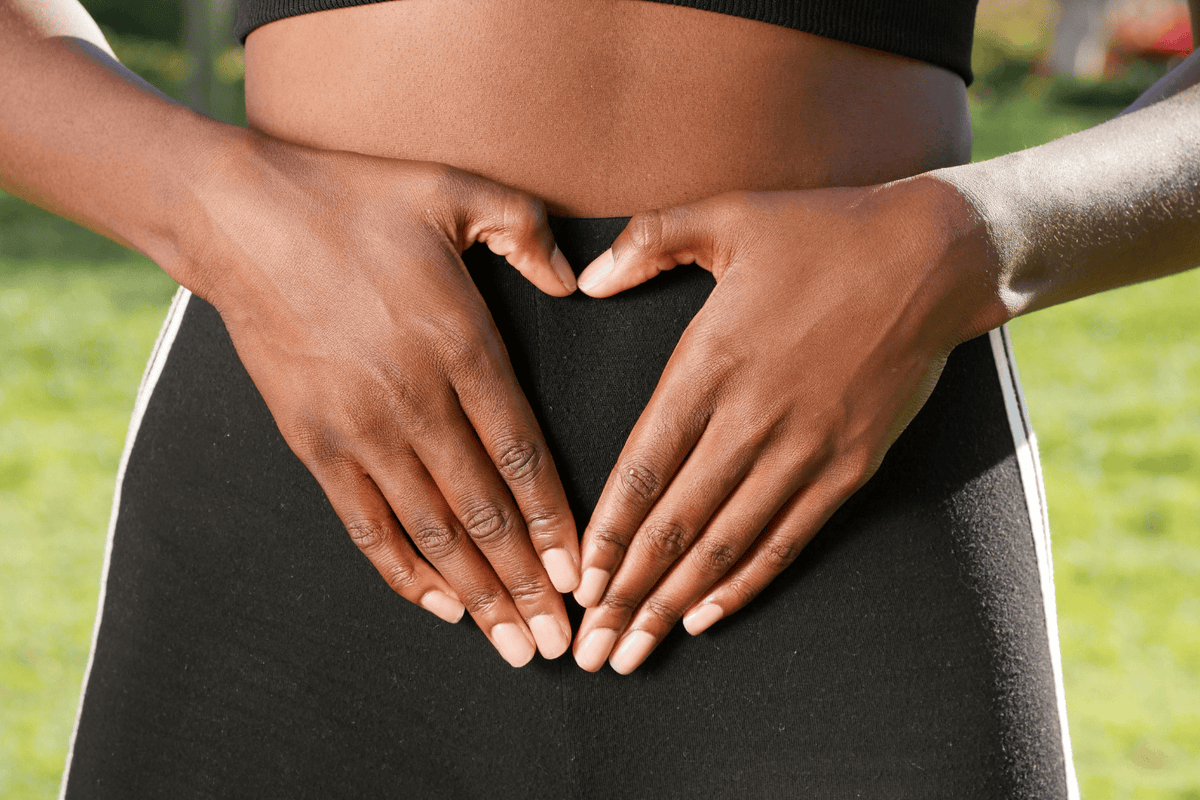
5 Signs You’re Not Digesting Protein Well—And What To Do About It
|
4 min

|
4 min
Protein gets a lot of hype — and for good reason. It’s the building block of muscle, hair, skin, hormones, enzymes, and even breast milk. Basically, it’s VIP status in your body. But here’s the catch: eating enough protein is only half the battle. If you’re not digesting and absorbing it properly, you could be missing out on all those benefits.
So how do you know if your protein is actually pulling its weight—or just hanging out in your gut causing chaos? Let’s break down the sneaky signs of poor protein digestion and what you can do to turn things around.
Quick biology refresher: protein-rich foods (think chicken, beans, eggs, collagen powder) are made up of long chains of amino acids. Your stomach acid and digestive enzymes break them down into smaller peptides and amino acids, which are then absorbed in your small intestine and sent off to do important jobs—like repairing tissues, supporting hormones, and fueling your brain.
But if that breakdown process gets disrupted (hello, low stomach acid, gut imbalances, or stress), those proteins don’t fully digest. Instead, they can linger in your gut, trigger bloating, or leave your body under-fueled.
The result? You may feel “off” in ways that don’t always scream protein problem.
Ever had a steak dinner and felt like you swallowed a balloon? That’s often a sign your stomach isn’t breaking down protein efficiently. Undigested protein can ferment in the gut, leading to bloating, excessive gas, and even foul-smelling stool (yeah, we’re going there).
👉 If your body can’t properly break down protein, it lingers too long in your digestive tract, and your gut bacteria throw a wild fermentation party.
Protein is the raw material for keratin and collagen, which keep your hair, nails, and skin strong. If you’re eating protein but your body isn’t absorbing it well, you might notice hair shedding, brittle nails, or dull, less resilient skin.
👉 Think of it like ordering building materials for your house but never unloading the truck — you’ve got the supply, but it’s not getting used.
Protein isn’t just about muscles — it also helps regulate blood sugar and supports neurotransmitters like dopamine and serotonin. Poor absorption can leave you with unstable energy, brain fog, and even mood dips. (1)
👉 Without enough amino acids fueling your brain chemistry, your body’s “motivation and focus” tank can run on empty.
If you’re working out (or chasing toddlers, which definitely counts as cardio and strength training) but not seeing muscle tone, poor protein digestion could be part of the puzzle. Your body can’t build or repair muscle without a steady supply of amino acids.
👉 Even if you’re eating enough grams of protein, your body might only be absorbing a fraction of it.
Yep, we’re talking about it. Digestive health = poop health. Pale, floating, or especially foul-smelling stools can point to issues with protein and fat digestion. Sometimes you may even see undigested food in the toilet, which means your gut isn’t finishing the job.
👉 Your bathroom habits are basically your body’s progress report. And sometimes, they’re not shy about telling you things aren’t working.
Several factors can throw off your protein breakdown game:
Low stomach acid (hypochlorhydria): Stomach acid is crucial for “unzipping” proteins. Without enough, digestion stalls. (2)
Digestive enzyme deficiencies: Enzymes like pepsin and proteases help break down protein. If your body isn’t producing enough, absorption suffers. (3)
Gut imbalances: Dysbiosis, leaky gut, or inflammation can reduce nutrient absorption.
Stress: Chronic stress literally shuts down digestion (your body prioritizes survival, not mealtime).
The good news? You can support your protein digestion with some simple (and science-backed) tweaks:
Digestion starts in your mouth! Chewing thoroughly gives your stomach a head start. Aim for 15–20 chews per bite. Yes, it feels weird at first, but your gut will thank you.
If you’re scarfing down food while scrolling, driving, or yelling “put your shoes on!”—your body may not be ready to digest. Take a few deep breaths before meals to activate your parasympathetic nervous system.
Some people find benefit from natural supports like lemon water, apple cider vinegar before meals, or (with a doctor’s guidance) betaine HCl supplements to boost stomach acid.
Digestive enzyme supplements like Bloat Baddie, containing protease can help your body break down protein more efficiently. Research shows enzyme supplementation can reduce bloating and improve nutrient absorption in those with enzyme deficiencies. (4)
A balanced gut microbiome helps you absorb protein and other nutrients. Probiotic-rich foods (like yogurt, kefir, sauerkraut) or a high-quality probiotic supplement can help restore balance.
Instead of loading all your protein into dinner, aim to include 20–30 grams at each meal. This gives your body multiple chances to digest and absorb throughout the day.
If you suspect you have ongoing digestive issues, it’s worth checking in with a doctor or dietitian. Conditions like SIBO, IBS, or pancreatic enzyme insufficiency can all interfere with protein absorption and may need targeted treatment.
Protein is non-negotiable for your health—but digestion is where the magic (or the mess) happens. If you’re dealing with bloating, fatigue, weak nails, or bathroom drama, your body might be waving the red flag that it’s not breaking protein down properly.
The good news? With a few mindful changes—like slowing down at meals, supporting stomach acid and enzymes, and keeping your gut happy—you can turn things around and make sure all that protein is working for you, not against you.
Because let’s be real: life is hard enough without feeling sluggish, bloated, or foggy when you’re already doing your best to nourish yourself. You deserve to feel strong, energized, and supported from the inside out.